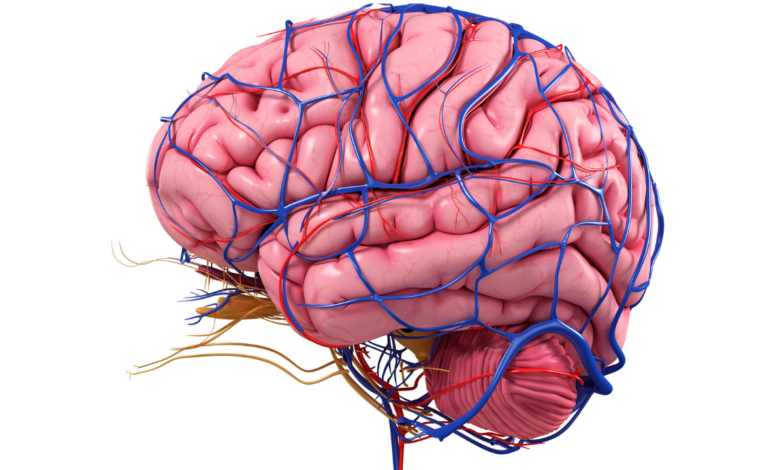
What is the Huntington’s Disease ?
Huntington’s disease is a progressive genetic disorder that affects the nervous system. It is caused by an abnormal gene that produces a faulty protein called huntingtin. This protein accumulates in the brain and damages nerve cells.
What are the symptom of Huntington’s Disease?
The symptoms of Huntington’s disease typically begin in adulthood, usually between the ages of 30 and 50. Symptoms may include:
- Movement disorders: Uncontrolled movements, such as jerking, twitching, or writhing.
- Cognitive decline: Difficulty concentrating, memory problems, and changes in personality.
- Emotional disturbances: Mood swings, depression, and irritability.
Who can suffer from Huntington’s Disease?
Huntington’s disease is a hereditary disorder that is passed down from parent to child. If a parent has the gene for Huntington’s disease, there is a 50% chance of passing it on to their children.
What are the type of Huntington’s Disease?
There are three main types of Huntington’s disease:
- Adult-onset Huntington’s disease: This is the most common type, typically beginning in adulthood.
- Juvenile-onset Huntington’s disease: This type begins in childhood or adolescence.
- Late-onset Huntington’s disease: This type begins later in life, often after the age of 60.
Which diagnostic are available for the Huntington’s Disease ?
· Genetic testing: This is the most definitive way to diagnose Huntington’s disease. It involves analyzing DNA for the presence of the mutated gene.
· Neurological examination: A doctor may conduct a physical exam to assess motor function, cognitive abilities, and emotional state.
· Brain imaging: Tests such as MRI or CT scans can help identify changes in the brain associated with Huntington’s disease.
What are the treatment of the Huntington’s Disease ?
There is currently no cure for Huntington’s disease, but treatments can help manage symptoms and improve quality of life. These may include:
- Medications: Medications can help manage movement disorders, mood swings, and other symptoms.
- Physical therapy: Physical therapy can help improve mobility and strength.
- Speech therapy: Speech therapy can help address communication difficulties.
- Occupational therapy: Occupational therapy can help with activities of daily living.
- Genetic counseling: Genetic counseling can help individuals and families understand the risks of Huntington’s disease and make informed decisions about family planning.
Which diet should I take ,if any ?
There is no specific diet recommended for people with Huntington’s disease. However, a healthy, balanced diet can support overall health and well-being.
Which speciality of the doctor will Huntington’s Disease?
A neurologist is a doctor who specializes in treating disorders of the nervous system, including Huntington’s disease.
In Huntington’s Disease completely curable ?
Currently, Huntington’s disease is not curable. However, research is ongoing to develop treatments that may slow the progression of the disease or even cure it.





